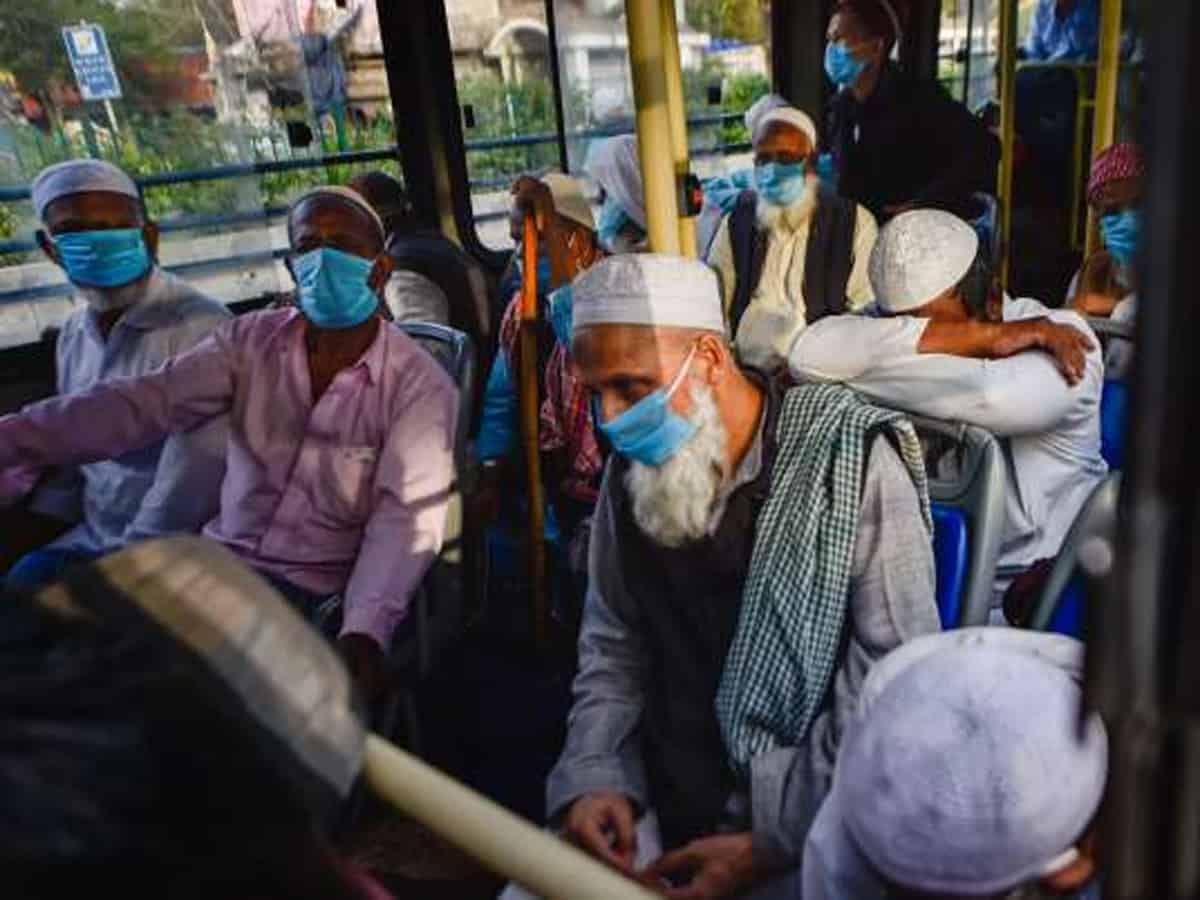NEW DELHI: Acting Assistant Secretary of State for South and Central Asia on Monday reiterated that “stigmatizing ethnic or religious minorities” for the COVID-19 virus is unacceptable.
In a signed post on Twitter, Alice G Wells asserted, “Stigmatizing ethnic or religious minorities is unacceptable, at any time & at any place.”
“Let’s not let anxiety and fear of #COVID19 divide us — especially not when we are united by a threat that knows no borders, ethnicity, or religion,” she tweeted.
This comes after a Samuel D Brownback, Ambassador at Large for International Religious Freedom Office of International Religious Freedom on Friday said hashtag CoronaJihad trending in India was ‘“unfortunate.”
To a question on the hashtag trending in India, Brownback said, “We are tracking the blaming of religious minorities for Covid-19 virus, and unfortunately, it is – it’s happening in various places. This is wrong by governments to do this.”
“It is — the governments really should put this down and state very clearly that this is not the source of the coronavirus. It’s not the religious minority communities,” he said.
Over the last one week, the number of COVID-19 cases has increased across India and hundreds of them have been linked to a congregation of religious group Tablighi Jamaat in Delhi’s Nizamuddin, which has emerged as a hotspot for the disease.
Some social media videos and fake news is being circulated tried to mislead the public that these people from the Muslim community are sneezing and coughing purposefully to spread novel coronavirus.
Many people are still believing the misleading information and hashtag ‘#CoronaJihad‘ started trending on micro-blogging site Twitter.
The government has been asking the public not to believe such rumours and come forward to help in checking the spread of the deadly virus.
More than 2,000 people from different states and countries had attended the congregation held from March 13-15.
The Centre along with the states has launched a massive operation to identify people who had attended the gathering in mid-March, to test them for the virus. Over 22,500 Tablighi workers and their contacts have been identified but many more are still out of reach.

